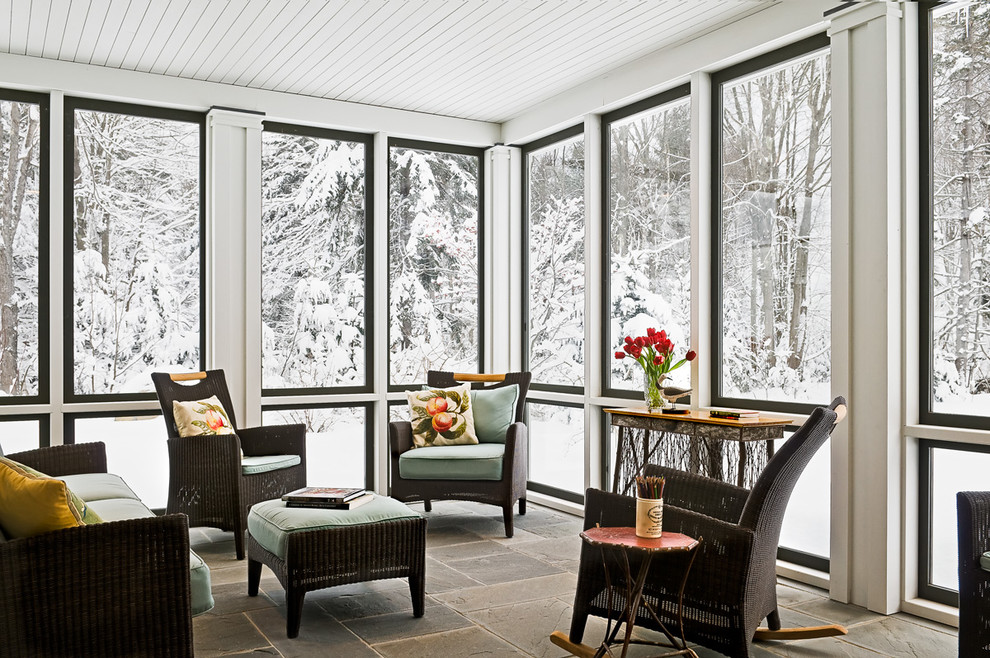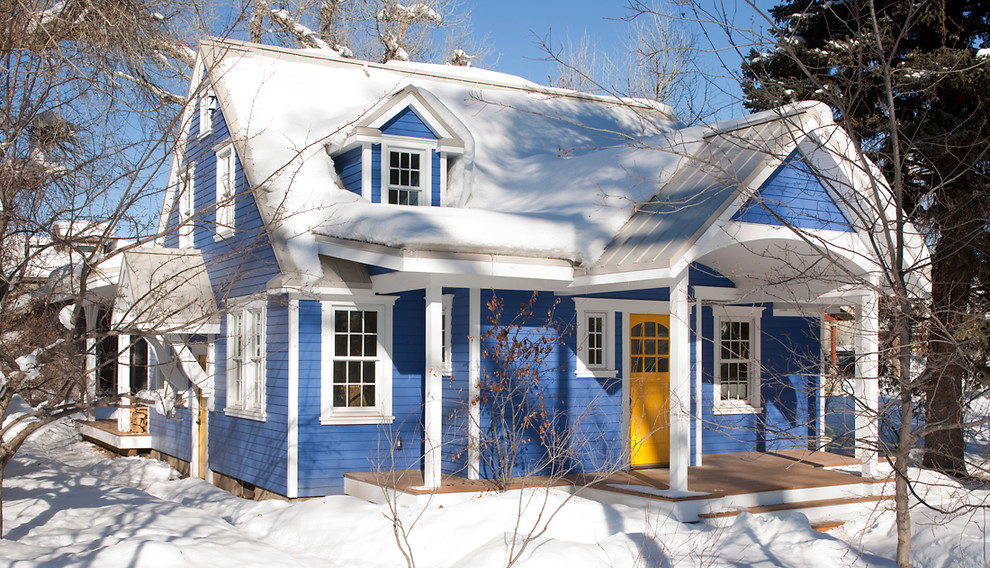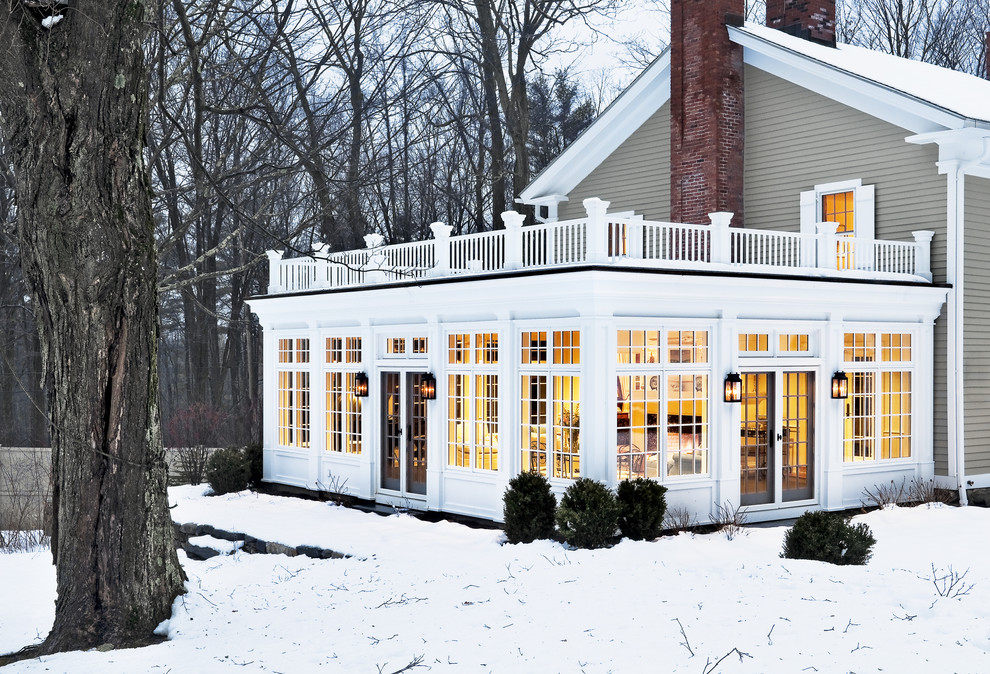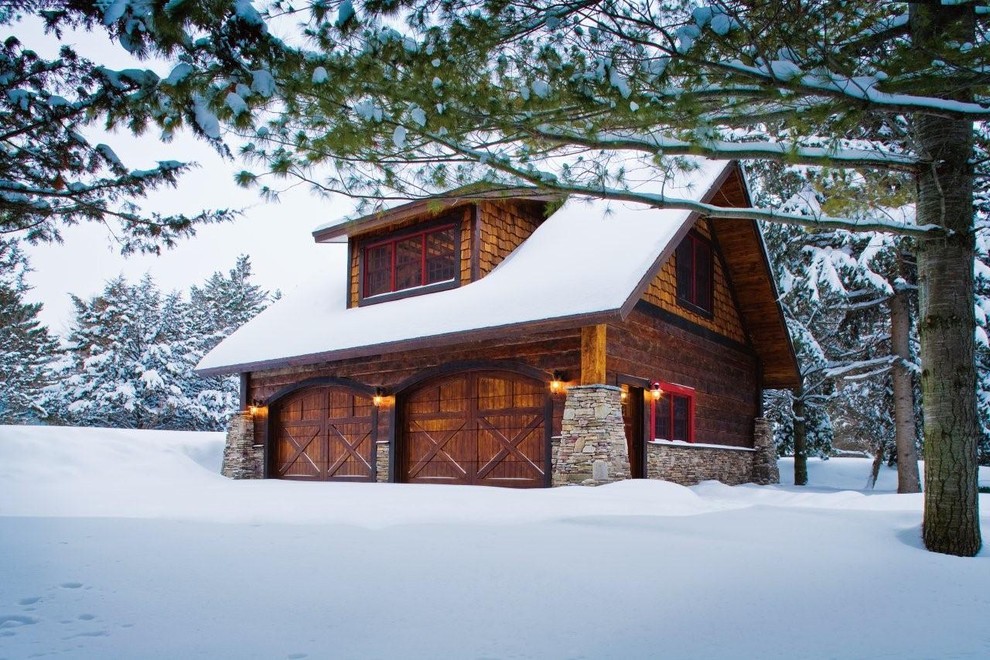With a wet wintry forecast looming, now is the time to get your home ready before the rain, snow, ice, and wind begin their assault. With several areas to consider, here are four of the most important that require adequate preparation against harsh weather elements.
Windows
Make sure your home’s windows are secure in their frames. Loose windows that rattle when the wind blows means that the glass is not properly fitted to the window frames. Window frames that are deteriorating due to the weather or natural aging can also lead to problems that may require window repairs or replacements. Shades or blinds can help to keep old cold or let in sunshine to work with the weather instead of fighting against it.

Doors
Take a similar look at your house doors. They should be securely framed with weather strips to keep out cold air and maintain warm air indoors. If your door has windows, ensure that they are stable and firmly entrenched to prevent problems from bad weather during the winter. You may want to place door draft stoppers made of fabric or canvas against the bottom to prevent chilly air from creeping in.

Photo by Gerber Berend Design Build, Inc.
Foundation
Walk around your home’s foundation to look for chipping, crumbling, or cracks. Although mild chipping from a stone or brick foundation may be within normal limits, noticeable crumbling might signal a problem that needs attention. Have a masonry expert examine your foundation if you suspect there are problems that could cause the stonework to shift or tip due to melting rain or snow to creep inside the home. Your home’s foundation base needs to remain stable to ensure the structure continues to be effective at supporting your house. Call in a foundation repair expert if you notice any sizable cracks or concerns during your inspection.

Roof
Your roof should be inspected to check for damaged or missing shingles. Holes in the roof can let precipitation seep into your house through drips and leaks, damaging the interior structure. The chimney should also be checked to ensure the cap is in good condition and won’t let pests or wildlife enter your home. The gutters and downspouts need to be stable without blockages so that they keep working as they should. Inside ceiling leaks might be an indicator of roof damage.

Photo by Lands End Development – Designers & Builders
Take some time to look over your home to see that everything is working properly. Address any problems now to avoid problems in the future. A minimal investment of time and effort can save money and inconvenience during the winter.
The post How to Prepare Your Home for a Wet Winter appeared first on YourAmazingPlaces.com.


No comments:
Post a Comment